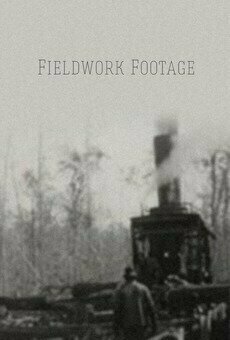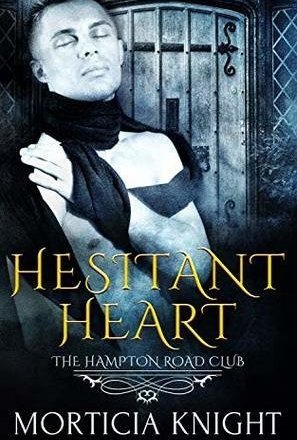Jacqueline Stewart recommended Fieldwork Footage (1928) in Movies (curated)
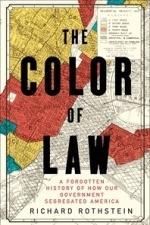
The Color of Law
Book
In this groundbreaking history of the modern American metropolis, Richard Rothstein, a leading...
History Politics
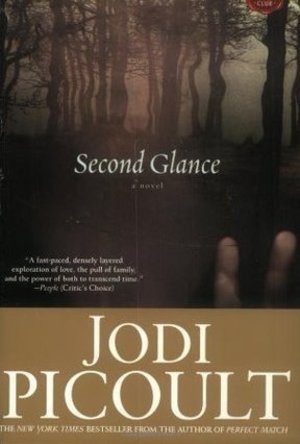
Second Glance
Book
When odd, supernatural events plague the town of Comtosook, a ghost hunter is hired by the developer...
Debbiereadsbook (1653 KP) rated Hesitant Heart (The Hampton Road Club #1) in Books
Nov 30, 2018
Naive runaway Sam finds himself in a bathhouse as a job. Aaron frequents the bathhouse, and has noticed that Sam has noticed him. When Sam finds himself in a bit of a pickle, Aaron's baser instincts kick in, and his protectiveness goes into overdrive. Is Sam really the submissive Aaron has been waiting for? Will Sam run again, when he understands what Aaron wants??
Thank you, Ms Knight, for a thoroughly enjoyable historical BDSM book! It's been a long time since I read such a book, and I loved this one!
Sam is truly naive, totally, in all ways, a virgin. He knows he doesn't like girls, at all, and he knows Aaron makes him think and feel all kinds of things he never did before, but Sam also knows he NEEDS something else, something he isn't able to voice. When Aaron begins Sam's training as his submissive, the penny drops and Sam fully immerses himself into Aaron's world, one training session at a time.
I loved that Aaron, while fully on board with Sam's "lets have sex now" attitude, he waits. He waits til Sam is really ready for that step. And once they do take that step? Both men fall fast and hard.
I loved that I found it not overly explicit, for some weird reason! It goes into detail, about training and what Sam and Aaron are doing, and it's hot hot hot, but not explicit, if that makes any sense! Reading that bit back, it doesn't, for me, but I can't word it any different! But I needed to say that, and that I loved it.
The way Aaron and Saul, Aaron's friend, deal with Sam's father was well done, and in a way that no one was hurt, and Sam could walk free from the fear that his father represented.
It is set in the 1920s so comes with all the rules and regulations and words of the time. And I really enjoyed that!
Book one in the Hampton Road Club series. I do hope I get to read the rest of them!
Thank you, Ms Knight, for my copy!
5 stars
**same worded review will appear elsewhere**
Kelly (279 KP) rated Babylon Berlin in TV
Dec 16, 2018
Babylon Berlin follows Gereon Rath, a detective struggling to deal with the aftermath of the Great War. He is supported at times in his cases by Charlotte Ritter, an administrator by day who supplements her families income through prostitution at night. I found myself routing for both characters throughout both series 1 and 2 of Babylon Berlin, even knowing Charlottes less than legal background, which is never hidden from the viewer. There was/ is a clear attraction between the two characters, which frustratingly is never fulfilled. Both characters are played by incredibly strong actors and are fully believable throughout.
What grasped my attention from the start was the clear portrayal of poverty that people lived in post war Berlin. Despite knowing some of the issues in living standards, I was drawn to the accuracy of the portrayal, many other stories set in this era would seek to romanticise the period at the end of the Weimar’s golden era, however the stark reality of degradation, sickness, depression and crime is always at the forefront of the story, and the political complexity of the time is covered well. This makes the the series very dark at times.
I was also surprised by the lack of Nazi input there is across season 1 and 2. We see lots about involvement of communists within the political system in the series, but there are only a small handful of references to the brown shirts - this is in stark contrast to what we are taught in schools, where the impression is given that by the late 1920s, Nazi involment is promenant in German society. This actually challenged my thinking on the subject, allowing me to realise that this is still a period, where, although the Nazis are known, they are not yet that popular.
I cannot wait until season 3 is released in order to find out what is next in store for Gereon and Charlotte. This truly is German production at its best.

Equity Capital: From Ancient Partnerships to Modern Exchange Traded Funds
Book
Capitalism is historically pervasive. Despite attempts through the centuries to suppress or control...

Otto Ernst Schweizer, Kollegienebaude II, Universitat Freiburg
Otto Ernst Schweizer, Nili Portugali and Anne-Catrin Schultz
Book
Text in English & German. With the Kollegiengebaude II (college building II) of the University of...

New York, Portrait of a City
Book
This book presents the epic story of New York in photographs, photo-portraits, maps, and aerial...
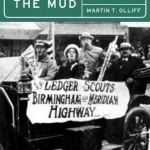
Getting Out of the Mud: The Alabama Good Roads Movement and Highway Administration, 1898-1928
Martin T. Olliff and David O. Whitten
Book
Martin T. Olliff recounts the history of the Good Roads Movement that arose in progressive-era...

The Flying Classroom
Book
A Spectator, Guardian, <Times, Independent on Sunday, Lovereading4kids and Mumsnet Book of the Year ...
